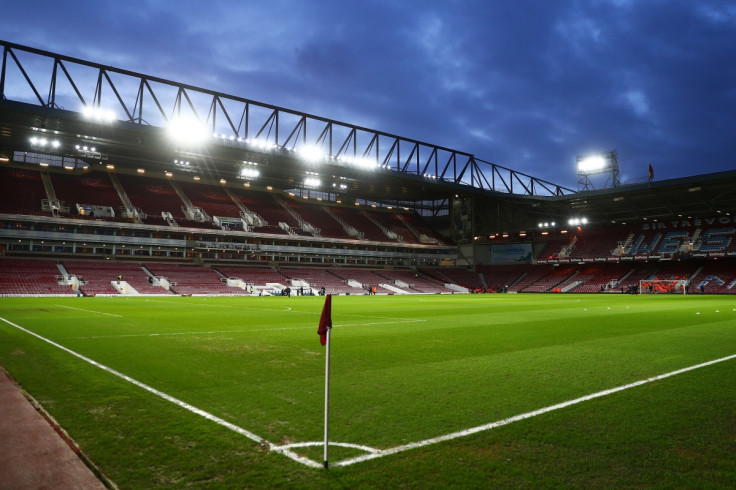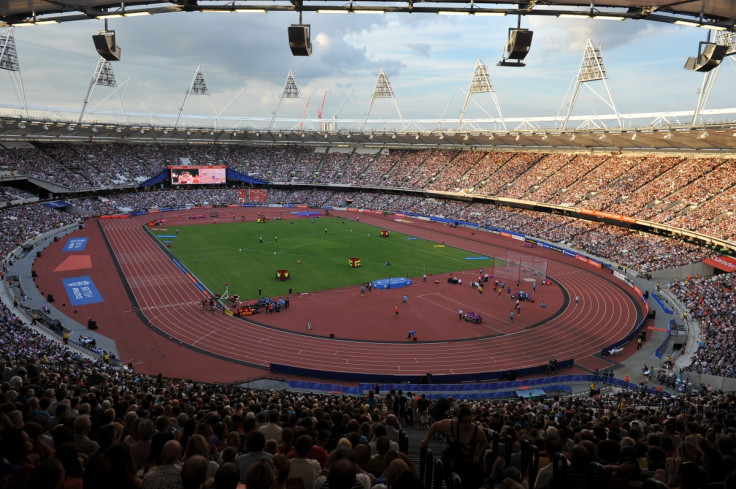West Ham: How the Hammers' old home Upton Park compares to Olympic Stadium

There may be less than four miles between West Ham United's home for the last 112 years and the Olympic Stadium in Stratford, but the two venues are light years apart in reality. Tonight (10 May), the Hammers walk out at the iconic Boleyn Ground for the final time in their proud history.
Fittingly, perhaps, the hosts will face another of English's football's traditional powers in Manchester United, who themselves are fighting for Champions League qualification and will be desperate to upset the party. But as much as Hammers fans will miss the unique atmosphere created under the floodlights at the Boleyn Ground, tonight marks the start of a potentially glorious new era for the east London club.
IBTimes UK looks at the two stadiums and illustrates why the Hammers are making the right move for the right reasons.
Upton Park factfile
- The historic stadium is officially known as the Boleyn Ground, but is often referred to as Upton Park by fans. The ground's official name relates to former Queen of England Anne Boleyn's links to the area, where she is said to have either rented or owned a property.
- The stadium was opened in 1904 and designed by architect Henri Pillipe Tiite Parker.
- It has been the home of West Ham United since 1904, but was also briefly used in the early 1990s by Charlton Athletic during their financial troubles.
- A V-1 flying bomb fell on the south-west corner of the Upton Park pitch in August 1944, forcing the club to play their home matches away from the ground briefly.
- Upton Park has an official capacity of 35,016 all-seated and has undergone redevelopment work since the 1990s, including the construction of the Dr. Martens Stand in 2001.
- The stadium is to be turned into homes, retail outlets and leisure facilities by 2018, with demolition work already begun.
Olympic Stadium factfile

- Opened in 2011 at a cost of £534m ($771.2m).
- The Olympic Stadium's capacity has been reduced from an initial 80,000 to 60,000.
- The venue played host to one of the most famous nights in recent British sporting history during the Olympics, the so-called Super Saturday, when Mo Farah, Jessica Ennis-Hill and Greg Rutherford all won gold medals.
- In addition to the 2012 Olympics, the venue has hosted Rugby World Cup matches and one test match of a tri-series between England Rugby League and New Zealand Rugby League.
- West Ham and Newham Council saw off competition from Tottenham Hotpsur and Leyton Orient to be awarded the stadium in 2011.
- The two stands behind the goals at the Olympic Stadium are to be named after West Ham legends Bobby Moore and Sir Trevor Brooking.
© Copyright IBTimes 2024. All rights reserved.






